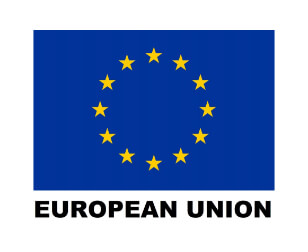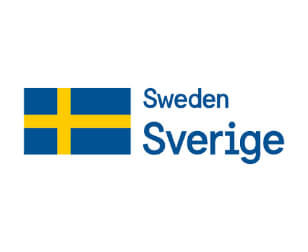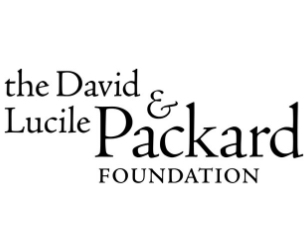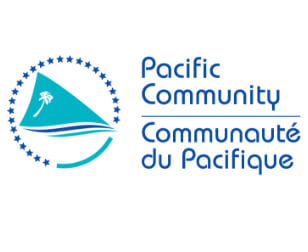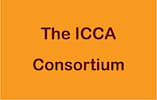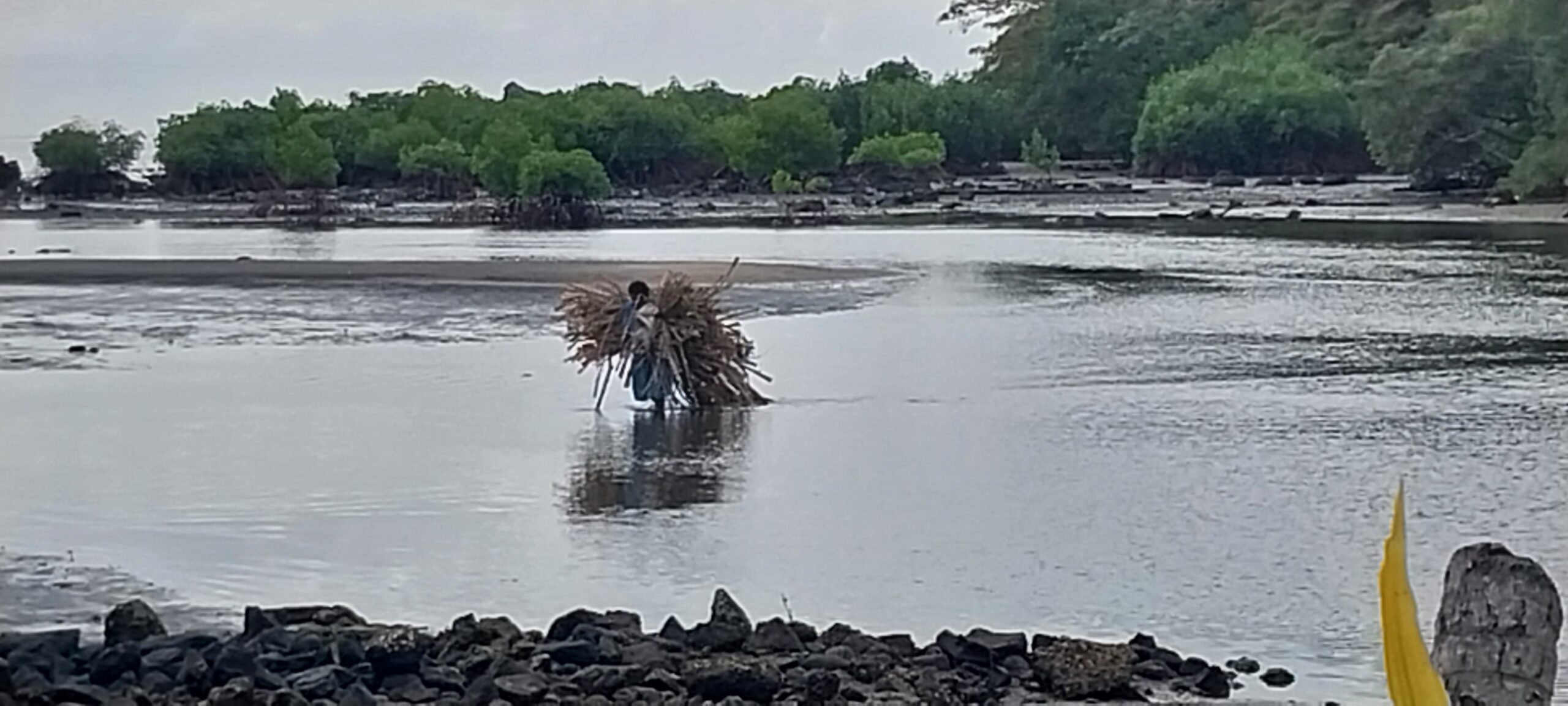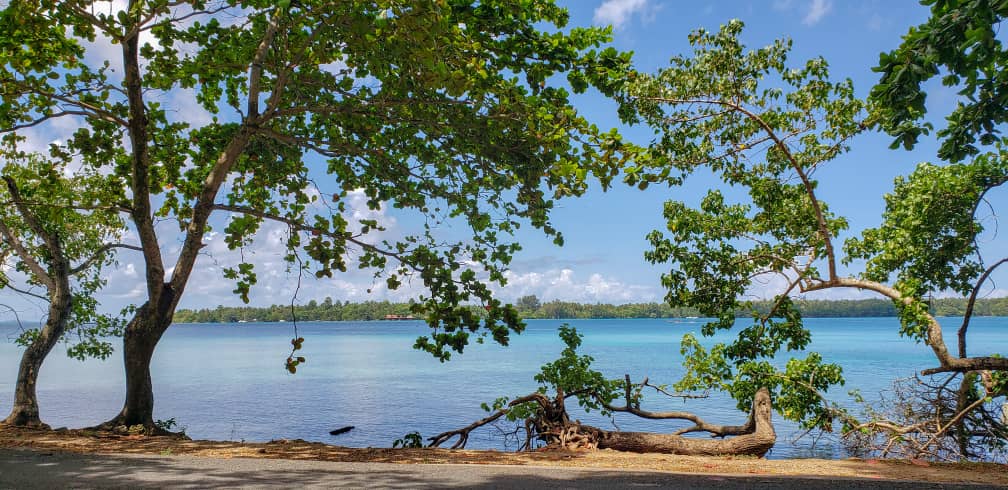Earlier this year, Mrs. Lavenia Naivalu, the first female district representative from the Yasawa islands in Fiji, attended the United Nations Oceans Conference (UNOC) in Lisbon, Portugal, on behalf of the LMMA Network and to bring a voice to small-scale fishers (SSF) and communities from the Pacific region.
Lavenia shared her experience as a Pacific island fisherwoman and her advocacy work, and engaged with other SSF actors from around the globe. Facing similar issues and following common interests, the SSF “Call to Action” and the UNOC Final Statement were prepared with other SSF groups from Africa, Central and South America, Caribbean, and Europe, and these were shared at the high level event.
In the video presented below, Lavenia talks about her time at the Conference, the challenges small-scale fishers are facing and her hopes for the future of SSF in her home of Nacula.
The participation of Mrs Lavenia Naivalu to the UN Ocean Conference has been made possible thanks to the financial support of the Packard Foundation through the ICCA Consortium and the PEUMP Programme. The video has been produced by cChange.
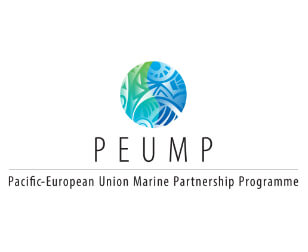
The Pacific-European Union Marine Partnership (PEUMP) Programme addresses some of the most serious challenges faced by Pacific countries. Among these are the increasing depletion of coastal fisheries resources; the threats to marine biodiversity, including negative impacts of climate change and disasters; the uneven contribution of oceanic fisheries to national economic development; the need for improved education and training; and the need to mainstream a rights-based approach and to promote greater recognition of gender issues to ensure inclusiveness and positive changes for Pacific island people. This seven-year PEUMP programme is funded by the European Union (EUR 35 million) and the government of Sweden (EUR 10 million). It is implemented by the Pacific Community (SPC), the Forum Fisheries Agency (FFA), the Secretariat of the Pacific Regional Environment Programme (SPREP) and the University of the South Pacific (USP) in close collaboration with Non-Government Organisations and the national authorities.


